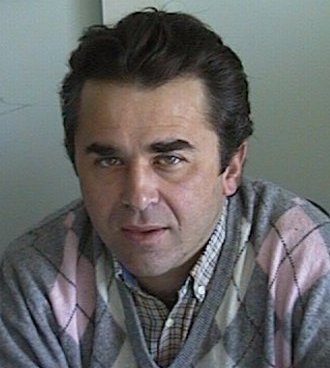organized
by
May
19-24 2002, Pisa - ITALY
Network Security
|
|
|
|
|
sponsored
by
|
|
|
|
|
|
|
|
|
|
|
|
|
Network Security
monday, may 20, 14.15-18.00
With the advent of Internet, security breaches became a major concern for business applications and network operations. More recently security has also been viewed as a key issue in emerging networking research areas like ad hoc networks, mobile communications and multicast.
This tutorial will address the main communication security requirements and corresponding solutions from the perspective of Internet protocols and in some emerging networking fields. First a detailed overview of basic mechanisms including cryptographic techniques for data protection, authentication, key management, and network access control techniques used in firewalls will be presented.
IPsec protocols and key management schemes will then be introduced as an application of basic security mechanisms along with an overview of the Transport Layer Security protocol (SSL). In the last part of the tutorial, specific security requirements of multicast and related research work will be outlined.
Refik Molva
Institut Eurécom
2229 Route des Crêtes BP
193 F-06904 Sophia Antipolis Cédex
 Refik
Molva is a professor at Institut Eurécom in Sophia Antipolis, France
since 1992. He is leading the network security research group that currently
focuses on multipoint security protocols, multi-component system security,
and security in ad hoc networks. His past projects at Eurécom were on
mobile code protection, mobile network security, anonymity and intrusion
detection.
Refik
Molva is a professor at Institut Eurécom in Sophia Antipolis, France
since 1992. He is leading the network security research group that currently
focuses on multipoint security protocols, multi-component system security,
and security in ad hoc networks. His past projects at Eurécom were on
mobile code protection, mobile network security, anonymity and intrusion
detection.
Beside security, he worked on distributed multimedia applications and was responsible for the BETEUS european project on CSCW over a trans-european ATM network. Prior to joining Eurécom, he worked for IBM as a Research Staff Member in the Zurich Research Laboratory where he was one of the key designers of the KryptoKnight security system. He also worked as a network security consultant in the IBM Consulting Group in 1997. He is the author of several publications and patents in the area of network security and has been part of several evaluation committees for various national and international bodies including the European Commission.

